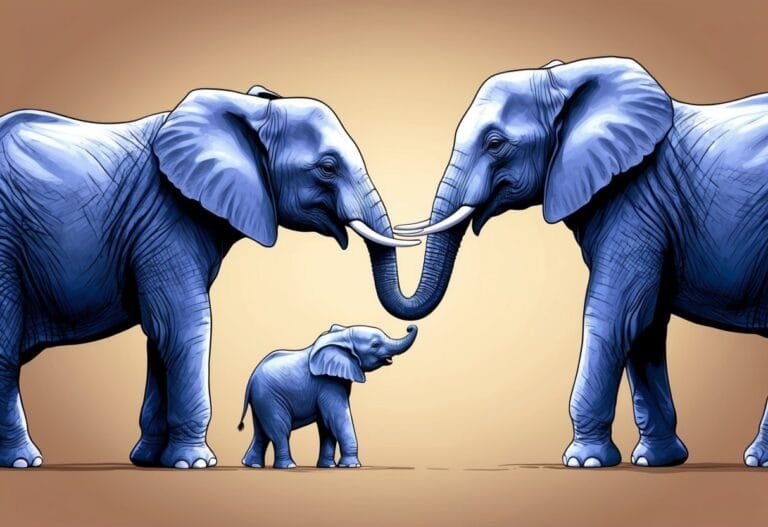Is the Bible Historically Accurate? Examining the Evidence

When investigating the historical reliability of the Bible, it is crucial to consider various areas of study such as historiography, archaeology, and textual criticism.

When investigating the historical reliability of the Bible, it is crucial to consider various areas of study such as historiography, archaeology, and textual criticism.

Ancient Rome's Cloaca Maxima sewer system, built around 500 BC, showcased advanced engineering and greatly improved public health by managing waste and preventing floods.

Dragons, rooted in human culture and imagination, symbolize various attributes globally, despite being mythical; influencing art and stories for centuries.

Language learning software supports acquisition through interactive lessons, speech recognition, and progress tracking, tailored to individual learning styles.

Killer whales, or orcas, are highly intelligent marine mammals with large brains, complex vocalizations, and sophisticated social behaviors, akin to teenage humans.

Coin tosses are a quick, fair, and fun method for making decisions, with a 50/50 chance of landing on heads or tails, useful in various situations and online.

Elephant names reflect cultural values, mythological figures, and pop culture, highlighting their intelligence and societal importance.

A barking cough in adults signals significant respiratory ailments and can be linked to infections like COVID-19, requiring medical attention.

Chickens are smarter than commonly thought; they solve problems, recognize faces, do basic math, and understand time, showing complex cognitive abilities.

Black holes are dense where intense gravity traps everything, even light, profoundly impacting our understanding of space-time.